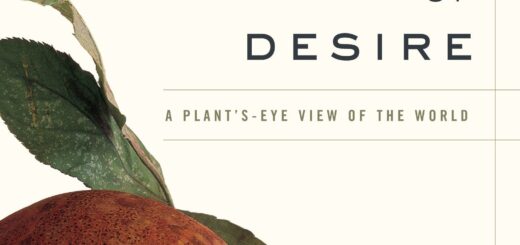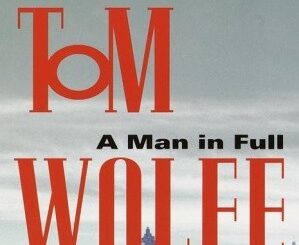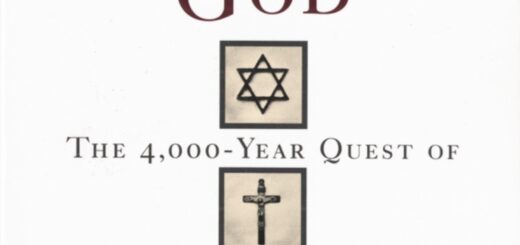One Hundred More Poems from the Chinese
In 1965, Kenneth Rexroth poet, translator, painter, and guiding angel to the Beat Generation brought out a slim volume of translations, One Hundred Poems from the Chinese (ISBN: 0-8112-0370-0) that soon became a huge hit among college students and romantics everywhere. It was the sort of book guys gave to their girlfriends on Valentine s Day, and vice versa, generally with a somewhat sappy love-struck look in the eye. The poems themselves were brief, fragile as a summer rose, absolutely delightful. And though they came from a distant culture and were often many centuries old, their simplicity reached across time to catch the modern ear.
One Hundred Poems from the Chinese was such a hit that in 1970, New Directions brought out a sequel aptly named One Hundred More Poems From the Chinese: Love and the Turning Year. This is the book I have on my shelf, and I find myself tucking it into my backpack when my wife and I head off for Sunday hikes into the nearby mountains. It s hard for me to imagine anything more perfect than lying stretched-out on a grassy meadow with wildflowers and maybe a small waterfall nearby, and listening to someone read aloud from this perfect little volume poems , as Rexroth put it, of love, reverie, and meditation in the midst of nature.
Translations always beg the question: Are they true to the original? Kenneth Rexroth, who died in 1982, makes little claim for himself as a Chinese scholar. In his introduction he says only that he did the translations for his own enjoyment over a number of years, and that he hopes the reader will enjoy them too. Certainly he has taken liberties, updating classical Chinese into modern English it would be impossible not to. But I think he has got the basic aesthetic right: a uniquely Chinese sense of beauty that is delicate as a Ming vase. Best of all, Kenneth Rexroth happened to be a terrific poet himself and whether the text is accurate or not, these translations are definitely worth reading.
The conventions of classical Chinese poetry are many and obvious. One soon gets an image of the authors as very cultivated individuals, the aristocracy longing for the simplicity of nature to stand, perhaps, in a bamboo grove lit by the moonlight and drink a cup of wine, feeling a certain refined sadness and nostalgia for the absolute beauty of things. And then go home to one s great house and many servants.
These poems are generally very short, so let me quote. Here s one of my favorites, Twilight Comes by Wang Wei:
Twilight comes over the monastery garden.
Outside the window the trees grow dim in the dusk.
Woodcutters sing coming home across the fields.
The chant of the monks answers from the forest.
Birds come to the dew basins hidden amongst the flowers.
Off through the bamboos someone is playing a flute.
I am still not an old man,
But my heart is set on the life of a hermit.
Do you believe for an instant that Wang Wei will actually leave his comfortable home to become a hermit? One senses not; more likely he will take his new poem directly to the next courtly gathering of friends and read his work with great fanfare. There s a basic insincerity here, if you will set subjects for the poet to wax elegiacally about. But that s part of the charm. In the end, it takes a cultivated soul, perhaps, to capture the joy of simple things and that s precisely what the poems of this volume do best.
Here s one more, to whet your appetite.
Twilight in the River Pavilion
by Chiang She Ch uan
I lean on my rustic gate
Above the swift river
In the evening and hear
The distant sound of women
Beating clothes. The little bridge
Arches over the fishes
And turtles. Once in a great while
Someone crosses. A reflection
Appears on the water, then is gone
- National Epilepsy Day 2023:Common Signs And Symptoms - November 17, 2023
- Top 10 Cosmetic Packaging Designers in the USA - April 12, 2023
- Luxury Website Designers: The Ultimate Guide to Creating a High-End Website - April 10, 2023


